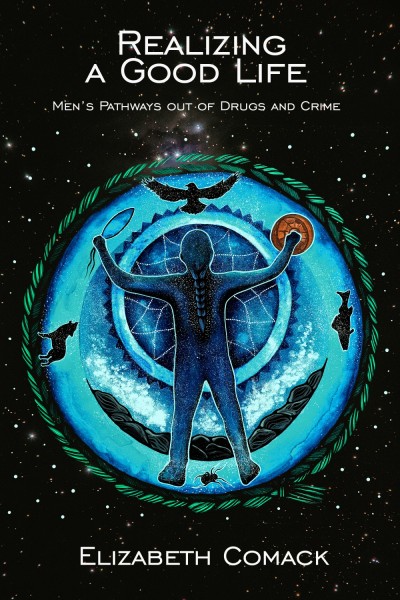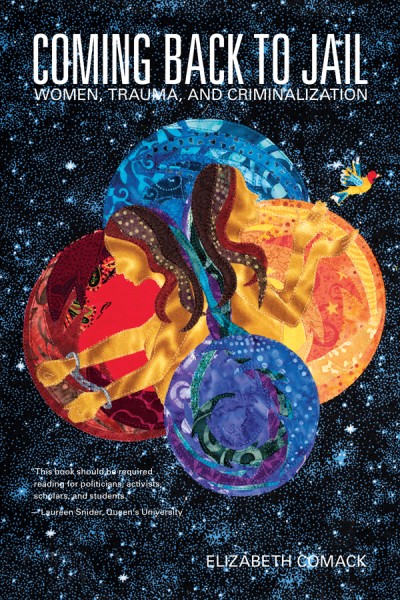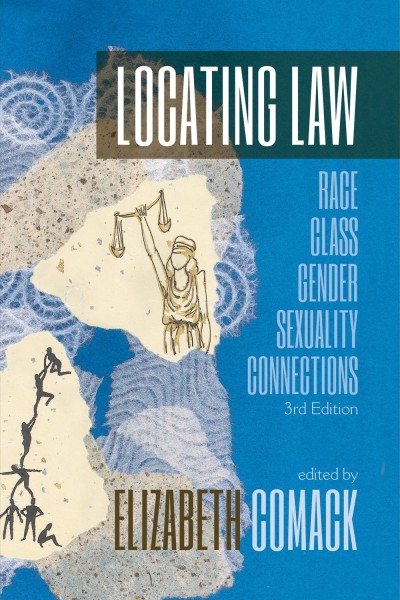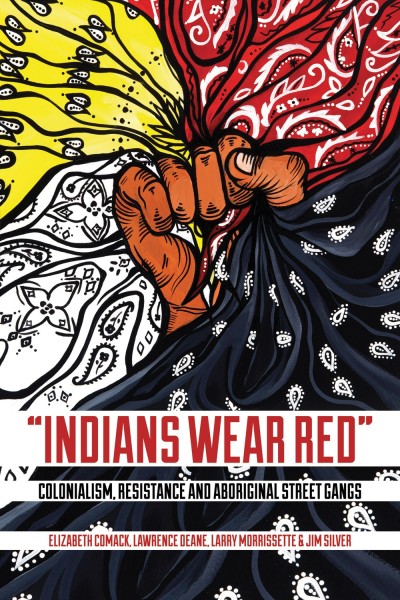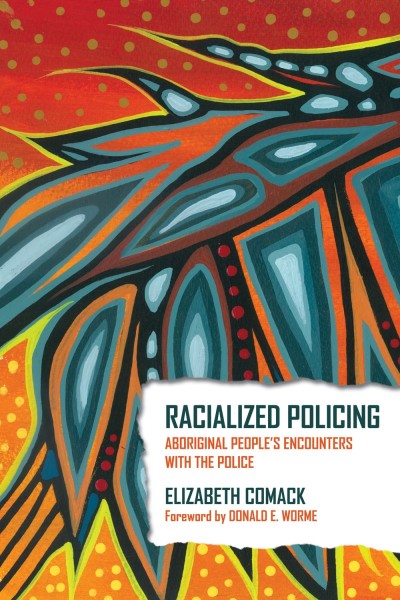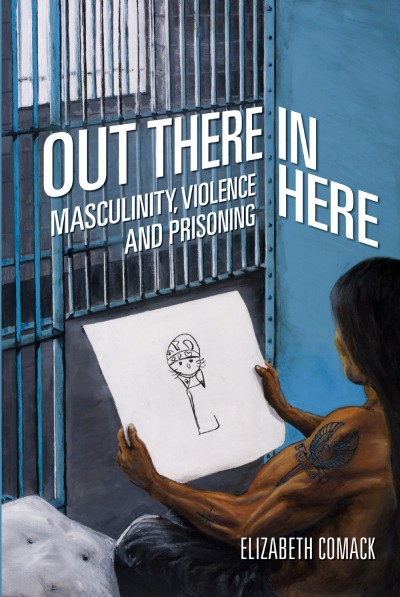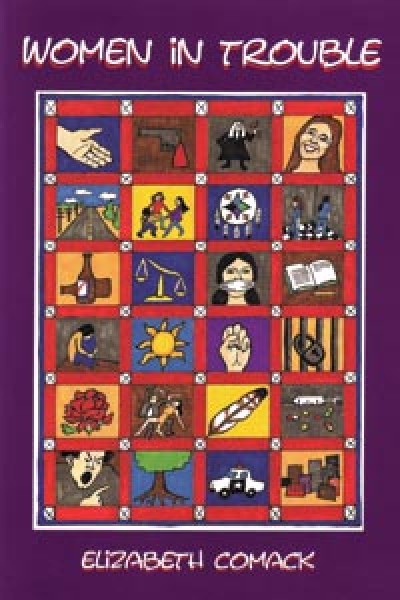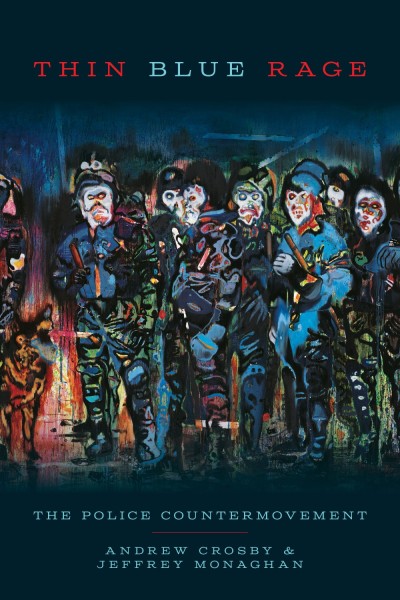
The Power to Criminalize
Violence, Inequality and Law
Law’s power to criminalize–to turn a person into a criminal–is formidable. Traditional legal doctrine argues that law dispenses justice in an impartial and unbiased fashion. Critical legal theorists claim that law reproduces gender, race and class inequalities. The Power to Criminalize offers an analysis that acknowledges the tensions between these two views of law. Drawing from crown attorneys’ files on violent crime cases and interviews with defence lawyers, the authors reveal the complex ways in which discourses of masculinity, femininity, race, class and social space inform the strategies used to litigate these cases. This analysis raises questions about the prospects of challenging law to realize a more just society.
About the book
Law’s power to criminalize–to turn a person into a criminal–is formidable. Traditional legal doctrine argues that law dispenses justice in an impartial and unbiased fashion. Critical legal theorists claim that law reproduces gender, race and class inequalities. The Power to Criminalize offers an analysis that acknowledges the tensions between these two views of law. Drawing from crown attorneys’ files on violent crime cases and interviews with defence lawyers, the authors reveal the complex ways in which discourses of masculinity, femininity, race, class and social space inform the strategies used to litigate these cases. This analysis raises questions about the prospects of challenging law to realize a more just society.
African Heritage & Black Diaspora Class Inequality Crime & Law
What people are saying
Laureen Snider, Department of Sociology, Queen’s University“An impressive study … first rate empirical research combined with superb theoretical analysis. Comack and Balfour show exactly how–and more importantly why–law reforms so often and so faithfully reproduce the class, race and gender inequalities they were meant to remedy.”
Bob Menzies, School of Criminology, Simon Fraser University“An elegantly crafted and thoroughly original book, The Power to Criminalize unravels the criminalizing process that perpetuates the subordination of women, Aboriginal people and the poor while ostensibly upholding law’s commitment to equality and justice … Another demonstration that the field of critical criminology is very much alive and thriving in this country.”
Contents
- Introduction
- Theorizing Law
- Gendering Violent Crime
- Racializing Violent Crime
- “Whacking The Complainant”: Law and Sexual Assault
- Lawyering Under Zero-Tolerance
- Conclusion
- Appendix




